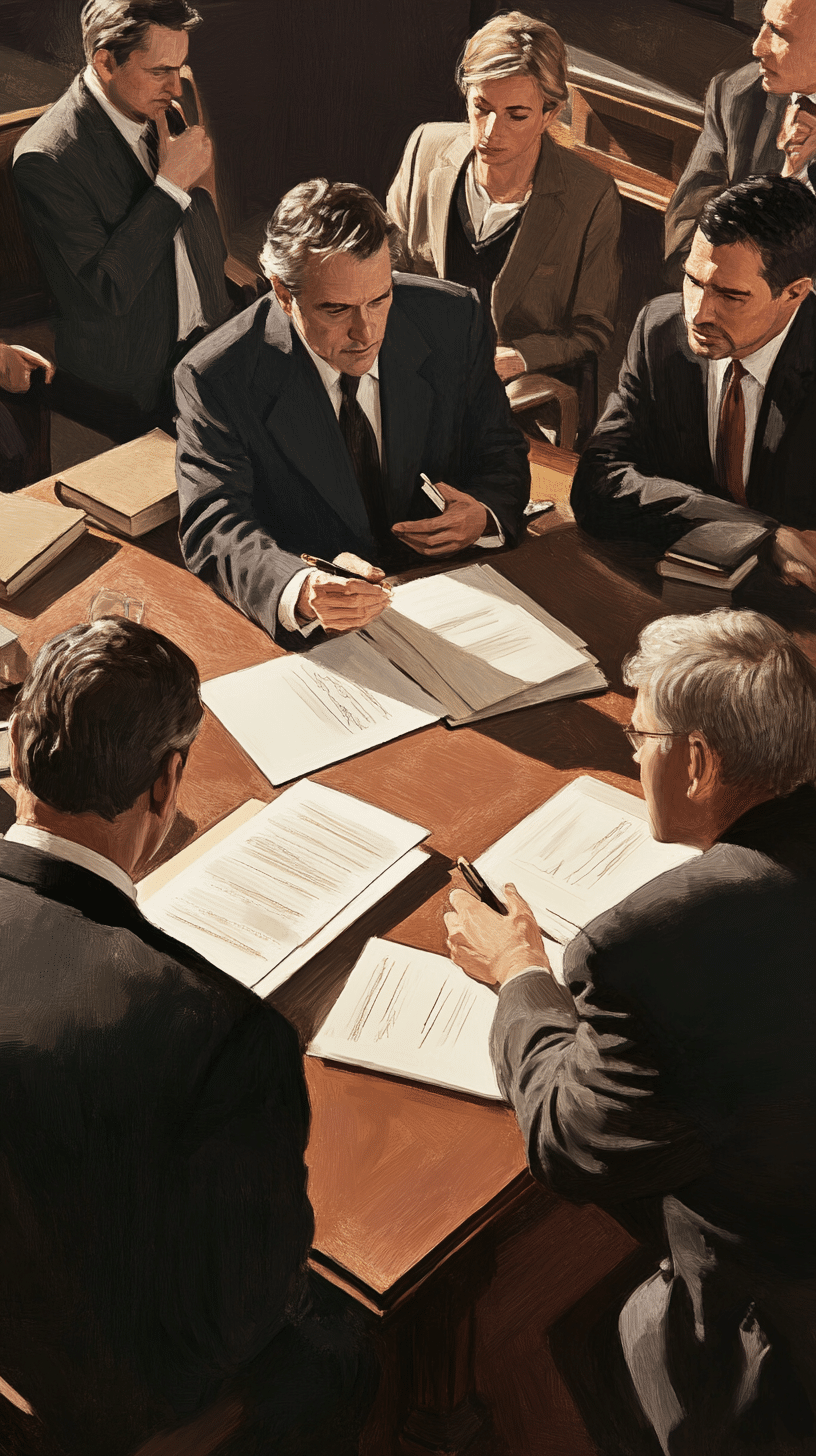In our latest adventure to the Appellate Term, entitled Exclusive Med. Supply, Inc. v Mercury Ins. Group, 2009 NY Slip Op 502273(u)(App. Term 2d Dept. 2009), we appealed a decision from the lower court that denied, outright, our motion for summary judgment.
This case centered around peer review doctors who rendered opinions finding that certain supplies lacked medical reasonableness. Annexed to the peer reports were all of the documents that the peer doctors’ relied upon. A proper affirmation from the peer review physician and an affidavit from the peer review chiropractor were procured, thereby placing the documents before the court. A claim representative’s affidavit placed the denials into evidence and demonstrated the timely handling of the denials. Importantly, and I cannot stress this enough, the documents the peer reviewers examined were annexed to the motion papers.
In opposition, Plaintiff made all of the arguments that one sees in this practice. Those include: (a) The denials were not mailed; (b) The documents were not in admissible form; (c) The peer reviews constitute inadmissible hearsay; (d) The peer reviewers were not properly qualified as experts; and (e) Medical necessity cannot be adjudicated on a summary judgment motion and always creates an issue of fact.
The lower court believed that Plaintiff’s submissions were sufficient to deny our motion. This necessitated an appeal and the instant decision.
I think this case is somewhat important because it cites to Pan Chiropractic v. Mercury and PLP Acupuncture v. Progressive, for the propositions that a peer hearsay challenge is generally without merit. I also think the “expert witness” challenge lacks merit where the doctors state what their specialty is on the peer or IME reports and there is no evidence to demonstrate that the IME or peer reviewer is not what he or she purports to be.












